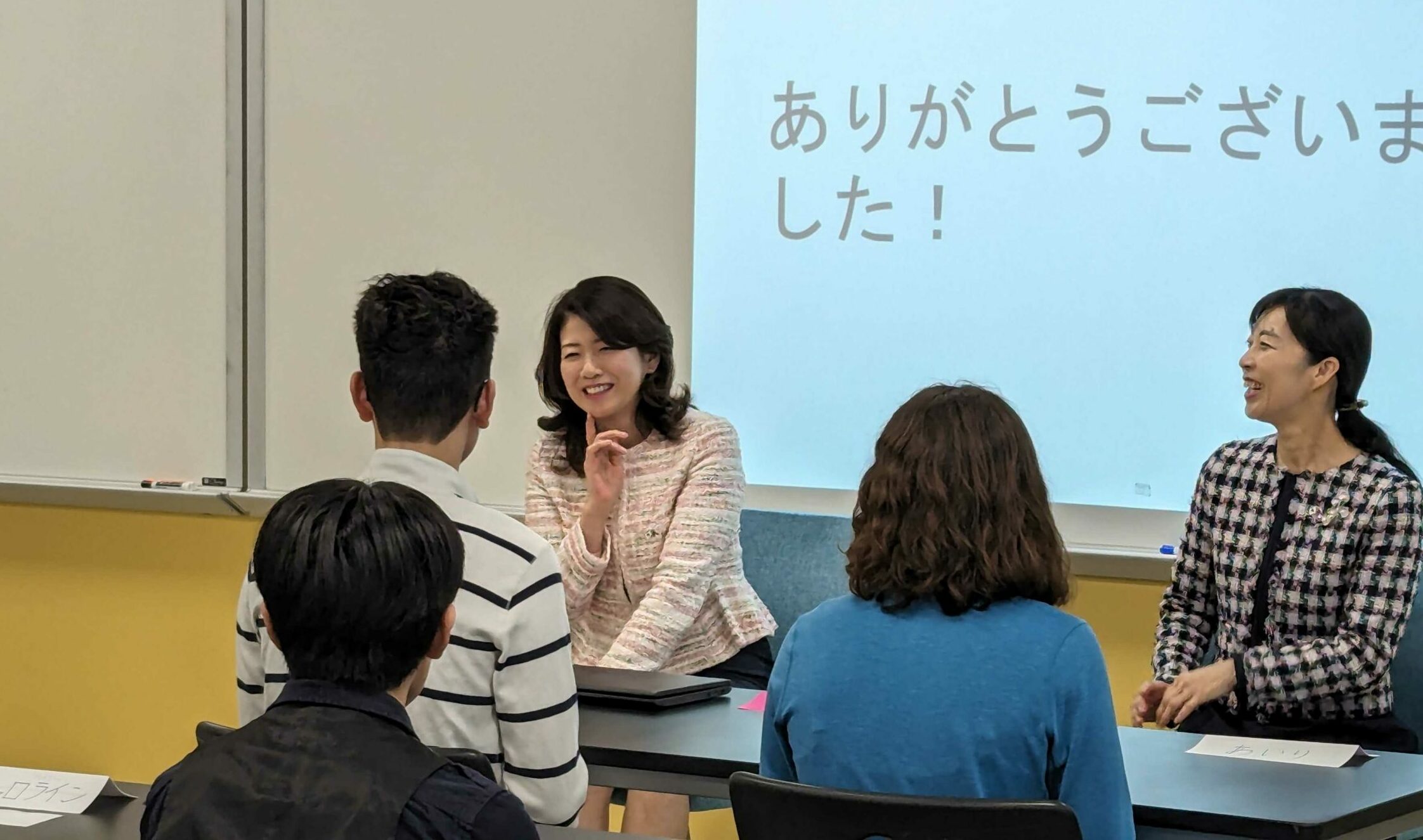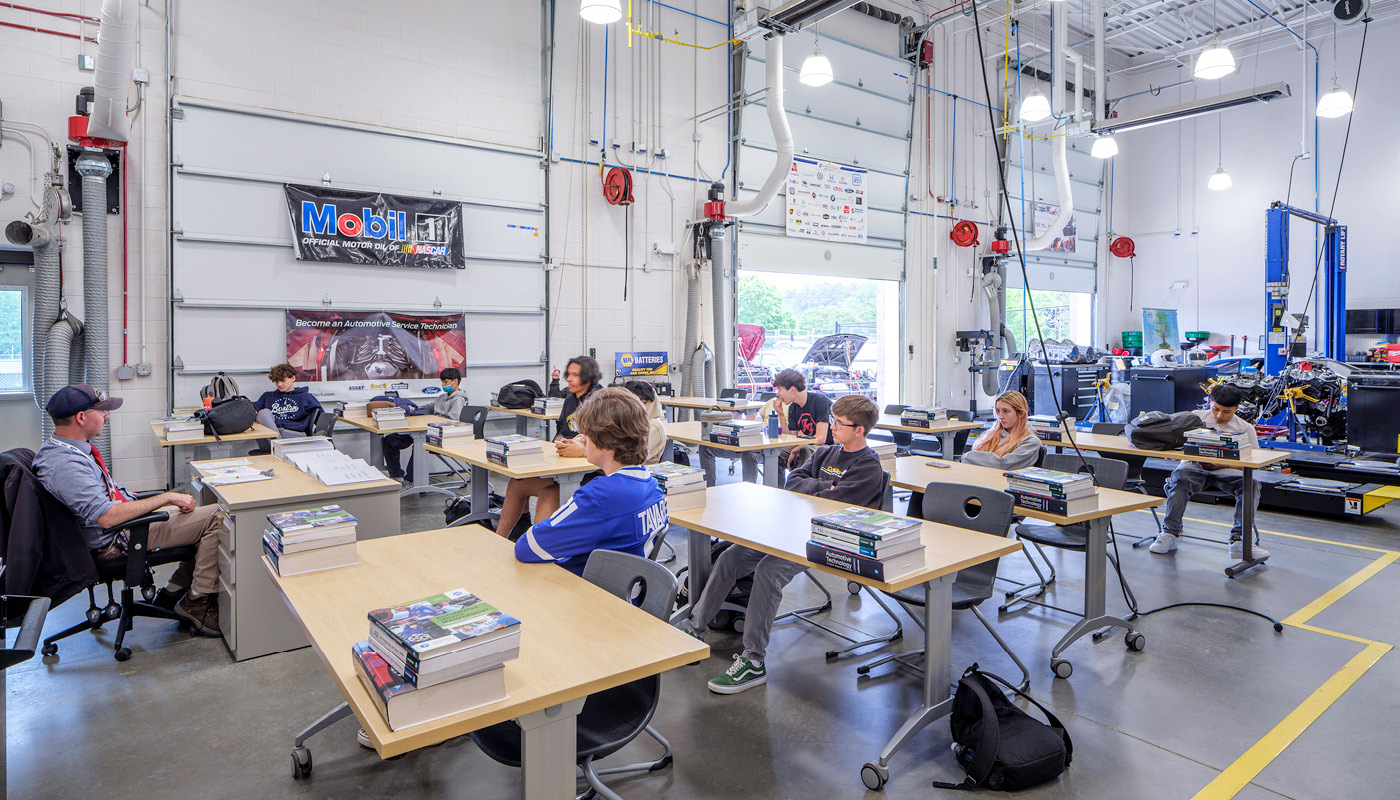To combat racial inequities in education, Chapel Hill-Carrboro City Schools are seeking a superintendent willing to align their priorities with that of the local citizens and school board.
The Chapel Hill-Carrboro City Schools’ Board of Education met last Thursday at Lincoln Center to listen to concerns from local citizens and make any changes necessary to current documents, including those regarding the application for a new superintendent. Tom Forcella, the current superintendent, is set to retire August 1 after working in the district for five years.
Also included in the conversation were concerns about the Equity Plan Draft, which was presented Thursday as well. The draft sought to end racial inequity in schools by creating an inclusive culture that would work to eliminate the achievement gap.
But as community members reflected upon their experiences in the school system, many expressed desires for a revised plan.
Of those who spoke during the comments section, several voiced their hope for a superintendent that would make significant progress to close the achievement gap and dissipate present stigmas surrounding race in education.
“I want [the superintendent] to be able to look into any of the racial disparities that we have so far within our system,” said Joyce Powell, mother of both a graduate and current student in Chapel Hill-Carrboro City Schools. “I know the board has worked hard on putting forward some other implementations to help, but I think we can do a little bit better…every child matters, and to me, this is what this is all about.”
The school system has had its successes in the past, with three high schools ranking highly in the state. But according to Samantha Cabe, local attorney and mother to children in the school system, those labels don’t reflect every child’s experience, especially minority children.
Cabe said that her children, who are not in the minority, may go on to succeed academically without any changes, but she also said they may be harmed by their childhood friends being denied opportunities for advancement.
“They will be harmed by an environment where both achievement and discipline are dependent on skin color…I hope that this board will really focus on finding a superintendent that makes [changing] this a priority because we have the opportunity in this district, with our strong focus on academics to be high schools one, two and three but we have to address our system as a whole…from the top down, from the superintendent down, have an attitude that is about a love of learning and a love of their community and a love of their neighbors. And I mean all neighbors.”
The board then had a closed discussion to revise the superintendent application, addressing citizens’ concerns about the Equity Plan. In it, they attempted to make explicit expectations for the incoming superintendent.
“In the discussion about equity tonight, for example, do we need to beef that up in this particular application?” asked Allison Schafer, director of policy for the North Carolina School Board Association. “I know that was a focus of the board’s, and that was useful for us to hear that.”
The rest of the board agreed, noting the importance of taking citizen concerns into account.
“I’d actually like to see that in the number one provisionary of educational leadership along with the understanding of equity factors and influence of equity on educational outcomes,” said board member Rani Dasi.







Comments on Chapelboro are moderated according to our Community Guidelines